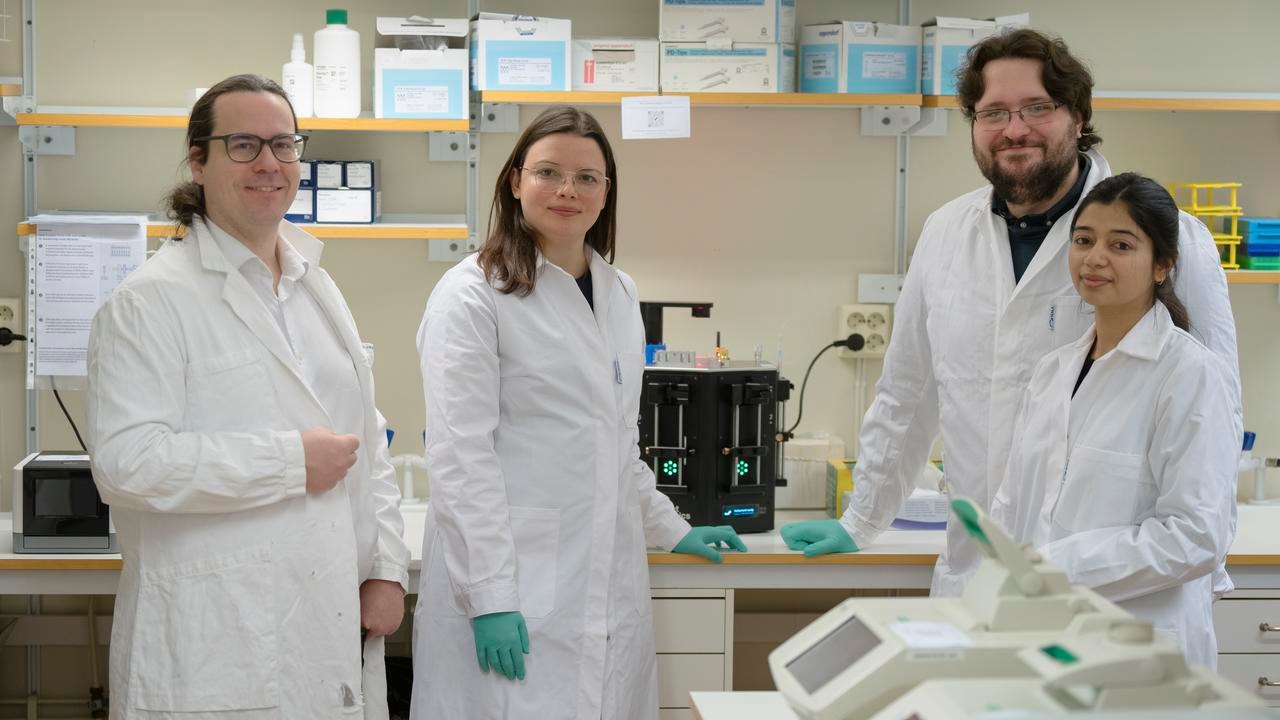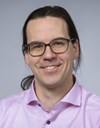About Johan Henriksson's research
Johan Henriksson originally trained as a mechanical engineer and computer scientist. After a long journey towards becoming a biologist, he was recruited to Umeå University in 2019 by MIMS. His group is now associated with UCMR and IceLab, and develops new methods for large-scale analysis and data generation. Their tools mainly involve CRISPR, microfluidics and sequencing, combined with AI and new algorithms. The group also uses the programming language Rust to enable large-scale data analysis.



